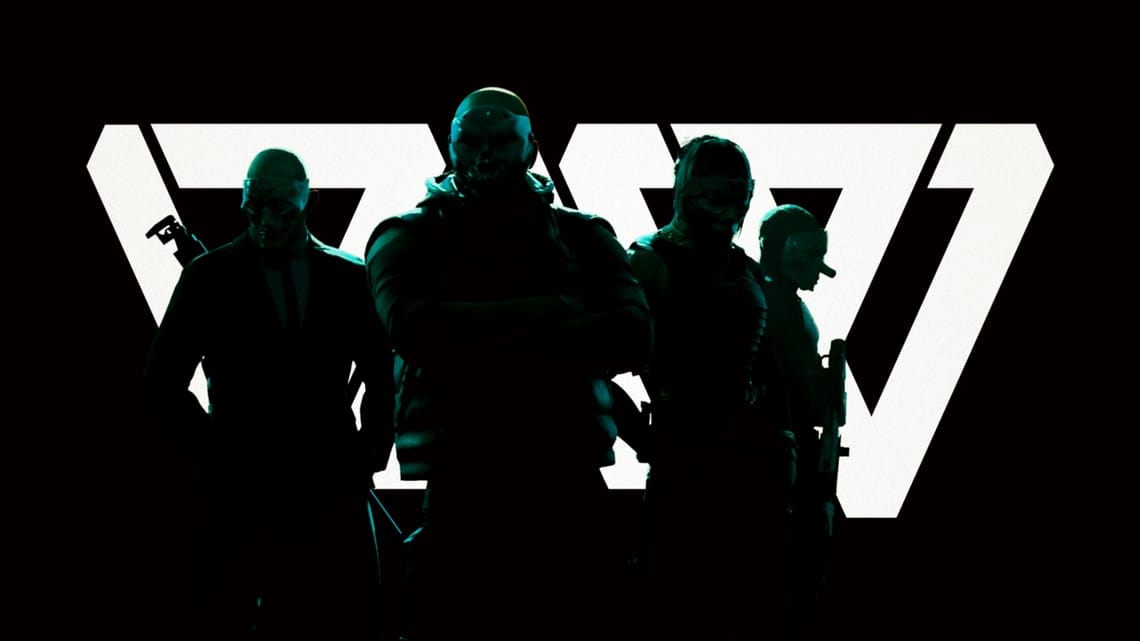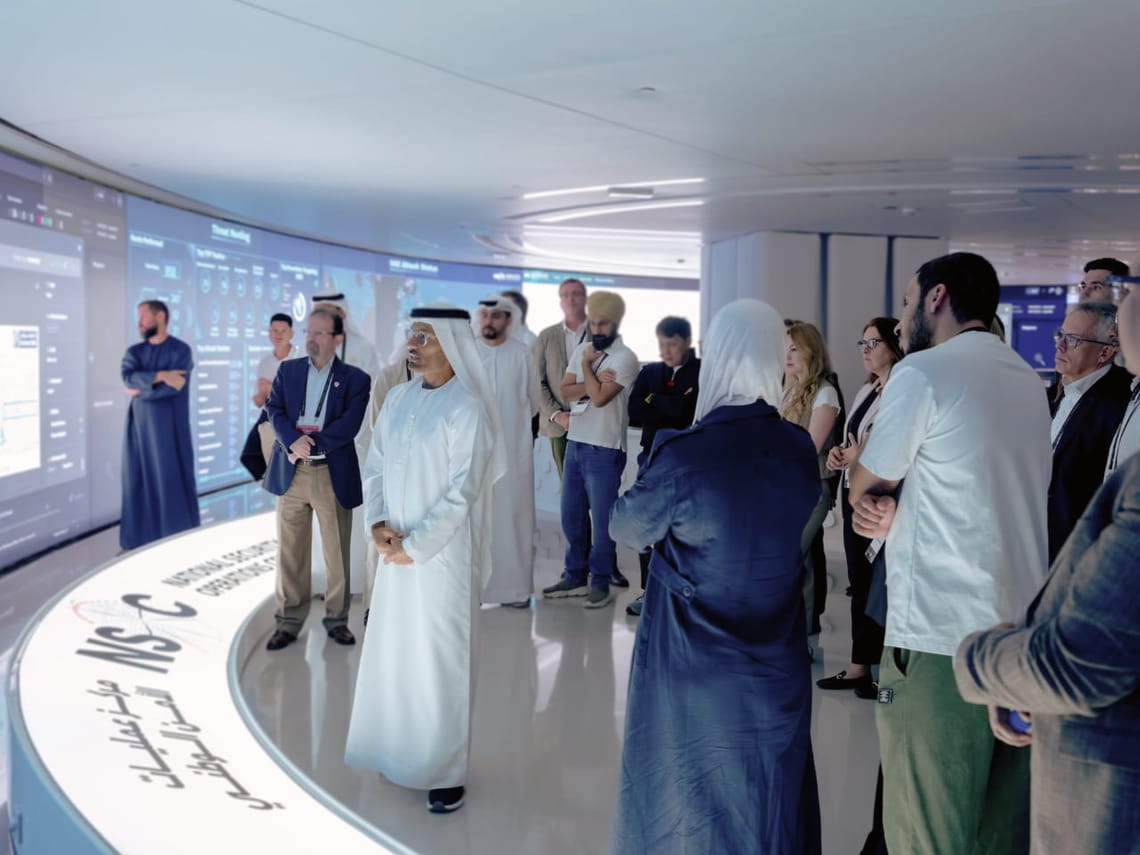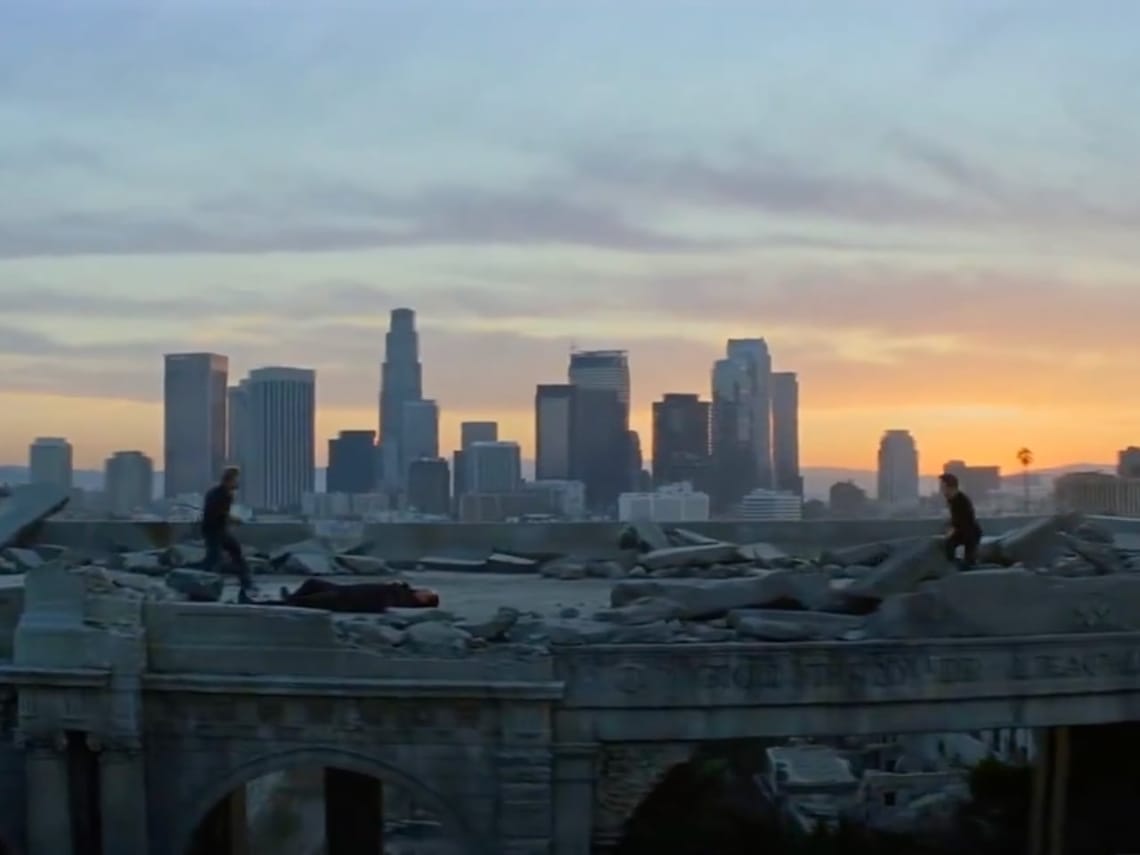Elon Musk says xAI’s “game studio” will release a “great AI-generated game” before the end of 2026. The pledge came after a Grok Imagine clip showing a war-like game concept. Musk also said Grok will make a “watchable” film by the same time and “really good” films in 2027. Here’s the context, what xAI has shipped so far, and how realistic this sounds for gaming fans in the UAE.
What Musk actually said—and when
- Statement posted on X on 6 October 2025
- Promise: xAI’s game studio will release a “great AI-generated game” by end-2026
- Separate note: Grok films “watchable” by 2026; “really good” in 2027
- The claim followed a user’s Grok Imagine clip about dynamic, AI-generated games.
- Musk replied: “The xAI game studio will release a great AI-generated game before the end of next year.”
- He echoed the timeline for AI-made films an hour later.
Musk’s post on 6 October 2025 sets a clear deadline: an AI-generated game from xAI by 31 December 2026 (Dubai time: UTC+4). The comment threads trace back to a short Grok Imagine video, with Musk positioning an internal “xAI game studio” as the team that will deliver. He also set expectations for AI-assisted filmmaking—“watchable” by 2026, “really good” by 2027—suggesting games could arrive sooner than polished long-form video.
What xAI has shipped so far
- Grok: xAI’s chatbot
- Aurora: text-to-image model integrated with Grok (2024)
- Grok Imagine: six-second animated clips with sound (July 2025)
- These tools move from images to short video loops, still far from full games.
- The new “game studio” was mentioned publicly during an xAI stream in February 2025.
xAI’s public outputs trace a steady ramp: Aurora enabled Grok to generate images; in July 2025, Grok Imagine added short animated clips with audio. That’s a leap, but it isn’t the same as shipping a playable, systems-driven game. Musk did flag an xAI gaming studio earlier in the year, inviting applicants. The studio is now the vehicle for this 2026 promise.
Why “AI-generated game” is a high bar
- AI video ≠ AI game: games need persistent state, controls, logic
- Early demos exist, but feedback is mixed
- Making it “great” adds another layer
- Microsoft showed an AI-powered Quake 2 tech demo using its Muse model.
- Online response ranged from sceptical to hostile about quality and utility.
- Fully AI-generated, playable experiences remain experimental.
Video synthesis can look impressive, but games must handle input, rules, memory, and failure states. VGC points to Microsoft’s Muse-powered Quake 2 demo as an example of where the field is—interesting, but hardly ready to replace traditional pipelines. Reactions were often negative, arguing that output felt like a fuzzy imitation rather than something people would actually play. That’s the gap xAI has to close—especially if it wants to call the result “great”.
What exactly did Musk promise?That xAI’s “game studio” will release a “great AI-generated game before the end of next year”—i.e., by 31 December 2026.
Has xAI released any gaming tools yet?Not a full game. Publicly, xAI has Aurora for images and Grok Imagine for six-second animated clips with sound (July 2025).
Is anyone else close to this?Microsoft showed a Muse-powered Quake 2 demo, but reception was mixed, highlighting how hard “playable” AI games are today.
Subscribe to our newsletter to get the latest updates and news















Member discussion